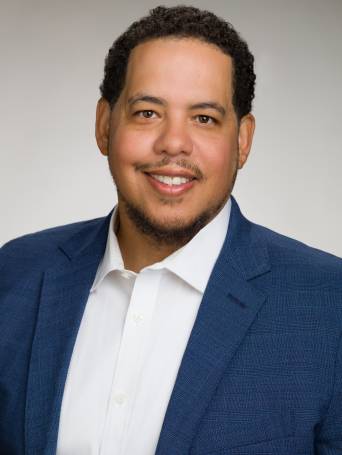
Domingo Morel is an Associate Professor at New York University's Robert F. Wagner School of Public Service and holds a joint appointment in NYU's Wilf Family Department of Politics. His research focuses on racial and ethnic politics, urban politics, education politics and public policy. He is the author of Takeover: Race, Education, and American Democracy (2018, Oxford University Press), which won the W.E.B. Du Bois Distinguished Book Award. He is also co-editor of Latino Mayors: Power and Political Change in the Postindustrial City (2018, Temple University Press).
His recently published book Developing Scholars: Race, Politics, and the Pursuit of Higher Education (2023, Oxford University Press) examines the history and politics of college access programs created for students of color in the 1960s. The book challenges conventional wisdom about the role of protest in creating and maintaining policy and introduces a perspective on affirmative action policy that has received less attention from scholars, legal analysts, and practitioners.
In addition to his scholarship, Dr. Morel has years of applied experience in education, political affairs, and public policy. Prior to pursuing his Ph.D., he worked in higher education for special programs designed to provide college access and support services to students from traditionally underserved populations. He is also co-founder of the Latino Policy Institute at Roger Williams University and past president of the Rhode Island Latino Political Action Committee.
He received his Ph.D. in political science from Brown University in 2014.